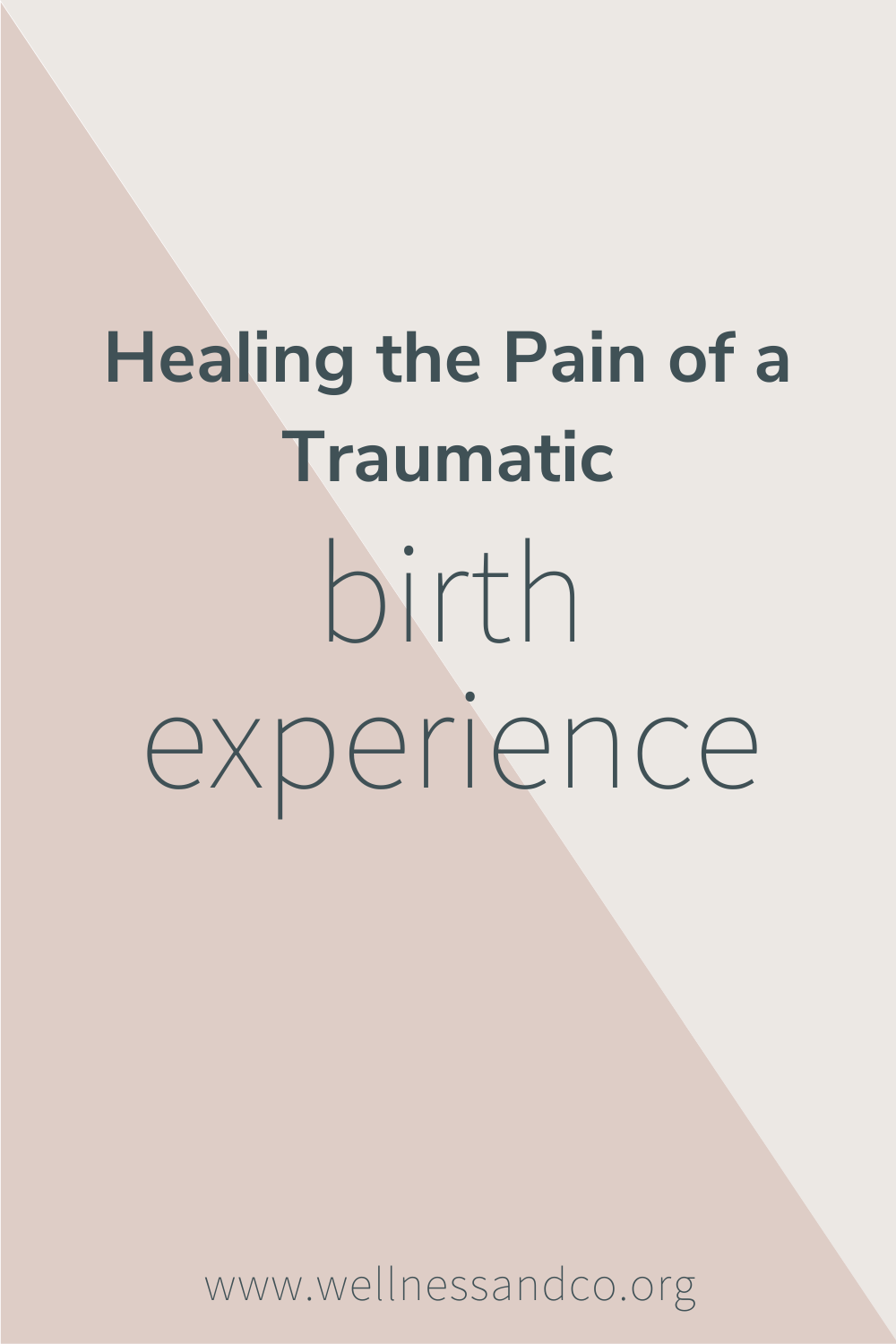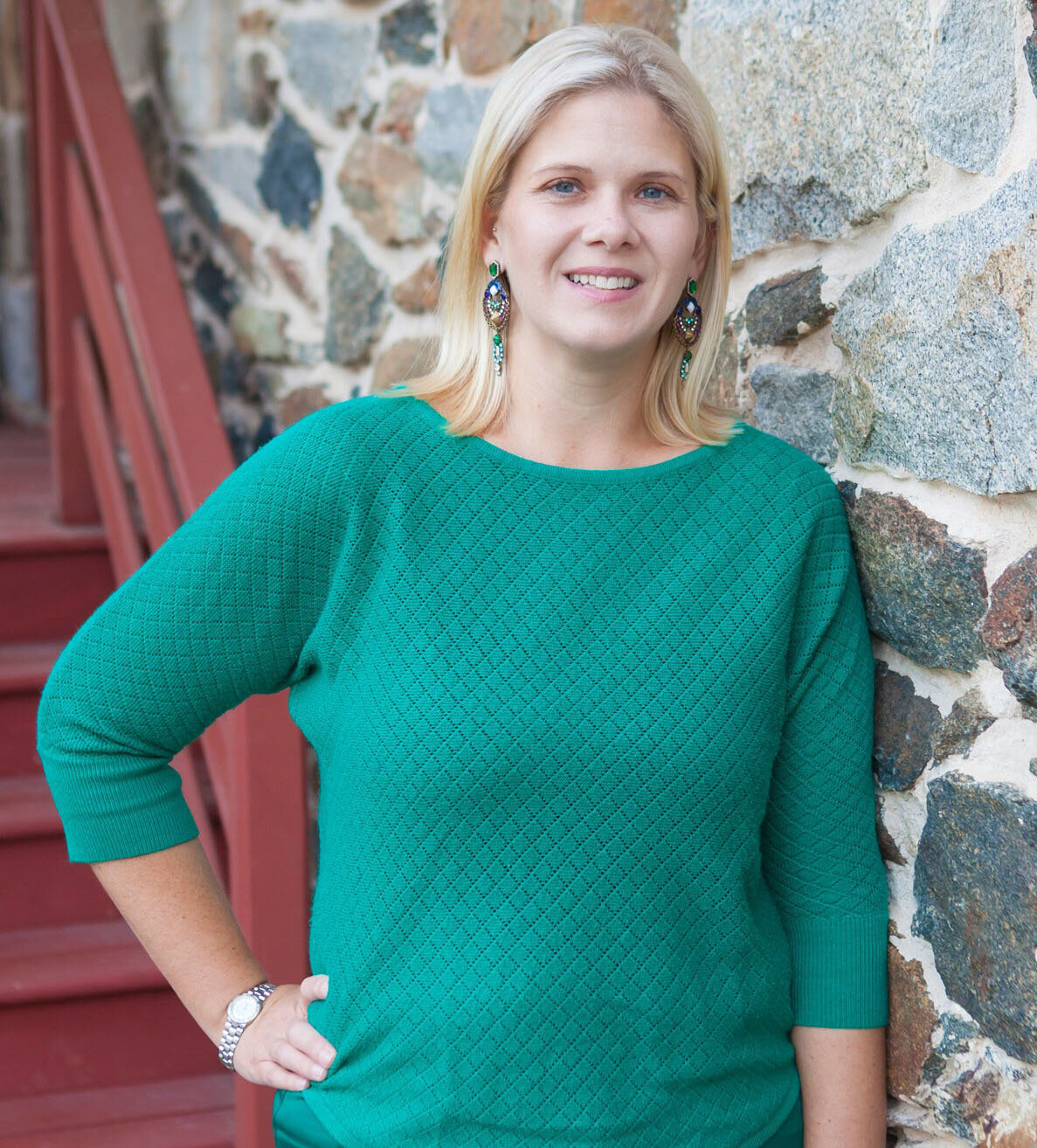Follow
Wellness & Co.
Hi, I'm Dr. K, Wellness & Co. is a growing therapy/coaching practice and educational hub for prospective clients based in Maryland and virtual clients all over the world!
Hi, I'm Dr. K
free guide
e -books
e -course
Healing the Pain of a Traumatic Birth Experience
March 22, 2019
It’s been almost eleven years.
Eleven years and I can still remember the pain in my back from the prick of the epidural, the PA’s inexperienced fingers as he checked my cervix – not ready yet – eleven years and I can still hear the beeping of the machines, feel the chill of the room, hear the musical on the tv that no one was watching. Eleven years and I can still see the empathy and fear in my husband’s eyes when I looked into them and whispered, “I give up. I want the epidural. I’m so sorry.” My voice still cracks telling this part of the story, as if I still believe my part in all of this, still feel sorry, still feel responsible. Eleven years and the smell of a hospital room still fills me with panic, dread, a sense of uneasiness. And yet also, comfort, joy, a great change set into motion. Trauma can be like that – joy and fear all wrapped up together. Change and loss melting into each other.
Sometimes I feel like I’ve talked about it enough. That my family is tired of rehashing it, that my husband is tired of hearing about it, that I’m just picking a decade old scab that I won’t allow to heal. I can feel their focus wavering when I bring it up again, their eyes glaze over as I try to figure out the why. As if that will change something. And then other times I feel like I haven’t talked about it at all, like it’s just rotted inside of me for the last decade.

Birth trauma can be defined as a specific type of Post-Traumatic Stress Disorder (PTSD) that occurs as a result of a difficult birth experience. While not all women have symptoms severe enough to warrant an actual PTSD diagnosis, surveys conducted on women after they’ve given birth show anywhere from 20-30% of women found their birth experiences to be distressing, terrifying, or out of the range of normal experience. There is also often an overlap with Postpartum Depression (PPD) and birth trauma, leading a lot of women to be diagnosed with PPD when they are really suffering from birth trauma, a specific form of PTSD.
|20-30% of women found their birth experiences to be distressing|
This is not something we talk about in our society. When a new baby is born, there is so much time and attention paid to this new life, this new hope that has just come into being. We expect new moms to also be feeling this elation, but what if they aren’t? There is shame in that as well, shame that they aren’t feeling happy, shame that they can’t connect to their baby, and at times, shame over dark and scary thoughts that can make women feel isolated and alone.
A lot of women think that they can only classify their birth as traumatic if they had a surgery they didn’t expect, or worse, if their baby died or was injured. They don’t feel justified in feeling the way that they do unless something catastrophic occurred. Perhaps they’ve been told “well at least the baby is healthy,” a statement that is meant to bring comfort, but instead ends up making mom feel as if her feelings are not important. As if the only thing that matters here is the life of the baby. And then there’s more shame in that feeling – what kind of mother is so selfish as to care about her own feelings when there’s a new baby to tend to.
As with so many things in our lives, therapy can help.
The purpose of a birth trauma group is to assist mothers in working through their feelings of hurt, anger, shame and guilt; the ability to process their birth narrative in a different way.
By working with a therapist and through the support of other mothers who have all had shared experiences, women can feel heard, understood, and can find the courage to process and work through their feelings, often changing not only how they feel about themselves, but also how they connect to their baby, their family, and the world around them.
If any of the above sounds like you, know that there is hope, there is understanding, there is another way of looking at your birth story that doesn’t end in trauma. Being part of a group can be a powerfully healing experience; having a therapist who understands your journey firsthand can be invaluable in the process. Join us as we start on the path to Rebirth.
-Erin Newton, LCPC
GET THE FREE E-GUIDE!
Erin Newton has been working with individuals and families for almost nine years now. She specializes in perinatal mental health, birth trauma, and anxiety related issues. She strives to help her clients feel seen, heard, understood and to give them the tools they need to start their own journey of healing.
Leave a Reply Cancel reply
CONTACT
Start Here
BLOG
OUR TEAM
SHOP
ABOUT
©2025 Wellness & Co. | All Rights Reserved | Design by EverMint Design Studio
BACK TO TOP
connect with us on instagram

